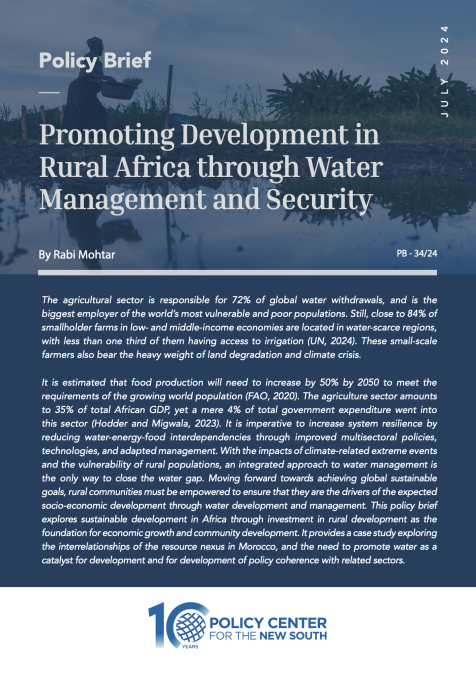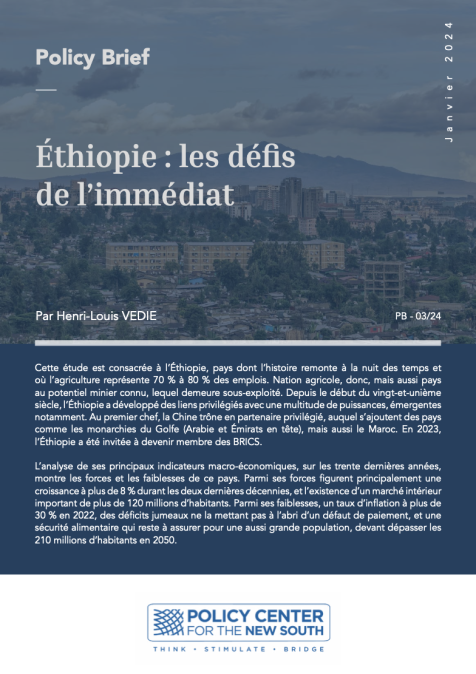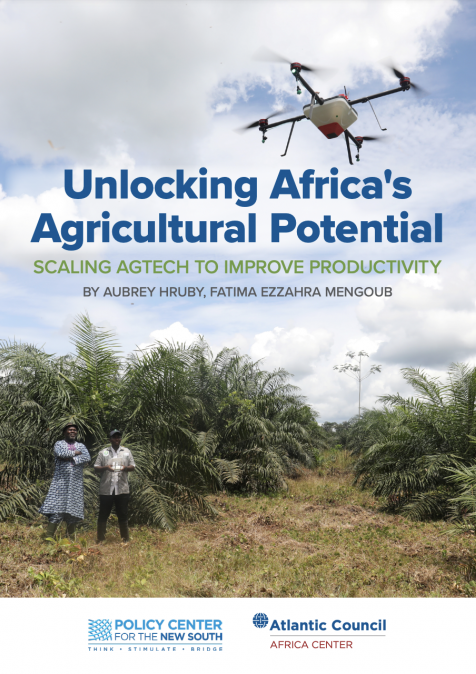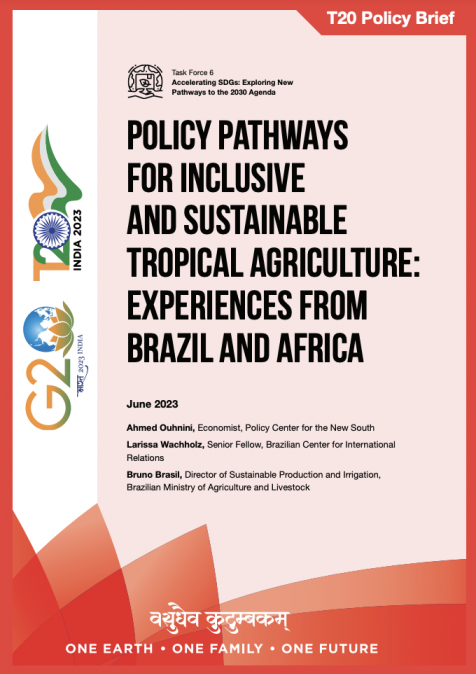November 18, 2025
يشهد الموسم الفلاحي 2025-2026 مرحلة حاسمة للقطاع الفلاحي في المغرب، في ظل استمرار التغيرات المناخية وتداعيات نقص الموارد المائية على الإنتاج الفلاحي. ورغم المجهودات المبذولة لتعزيز الأمن الغذائي من خلال مشاريع الريّ، وتوسيع محطات تحلية مياه البحر، وتشجيع الزراعات الاستراتيجية، فإن التحد...











